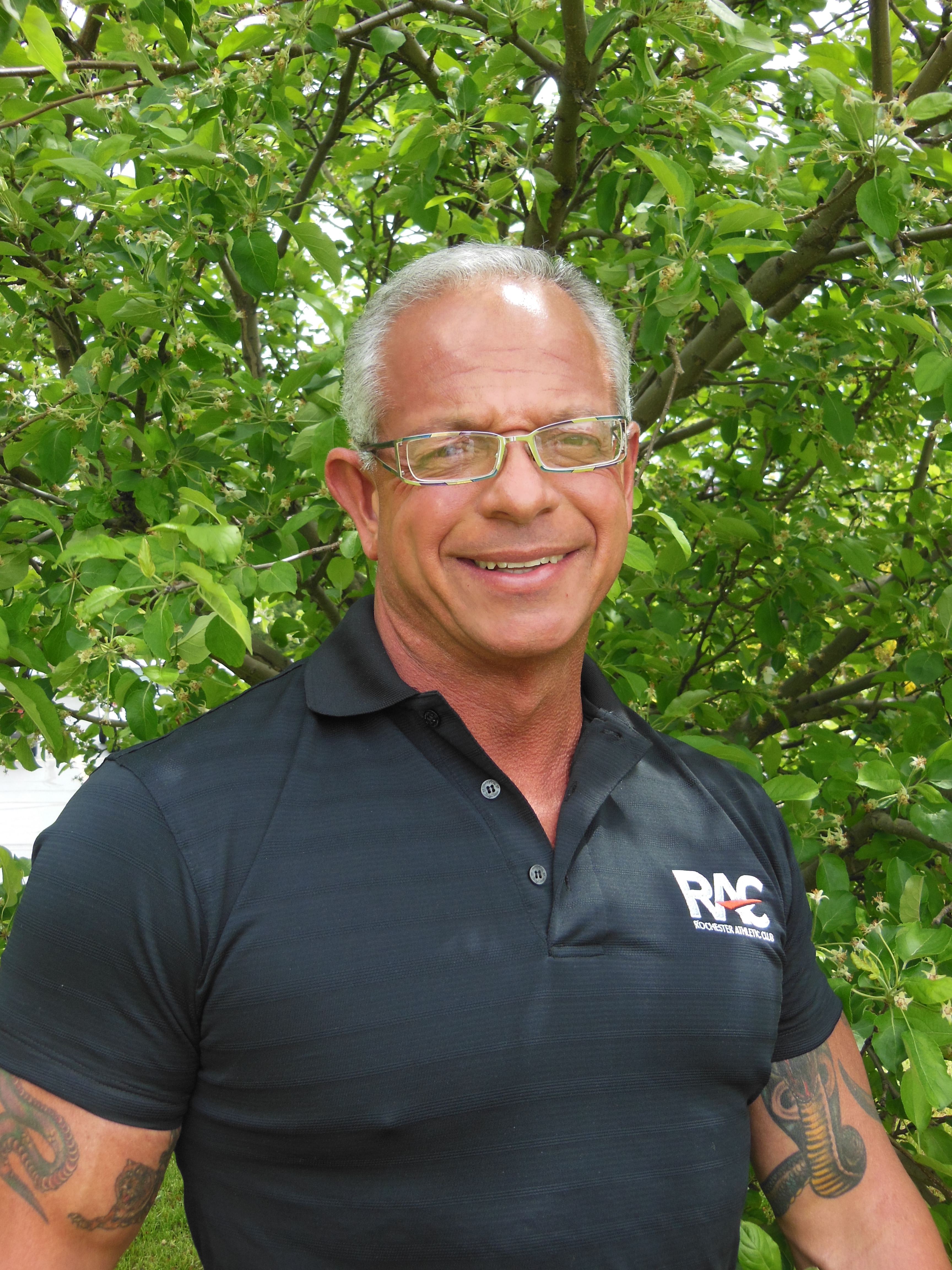Health professionals and others have expressed a concern at the rising rates of obesity in all segments of the population, including adolescent and children. In less than 30 years, the obesity rate of children and teens has doubled. And for children ages 6 to 11, they have tripled. Much has been written about the probably short and long-term consequences of this obesity epidemic.
Obesity increases risk of developing type 2 diabetes, high blood pressure, heart disease and many other health problems. Obesity increases the likelihood of emotional health problems, as well, including low self-esteem, negative body image and depression. Many overweight children can attest to the observation that they are likely to be the object of bullying and discrimination.
Since overweight kids often avoid sports and other group activities, they may be more likely to join a fitness facility that offers individualized programs. A fitness facility may offer programs especially for overweight children, or they may become involved in their regular classes or programs.
It’s not always easy for fitness professionals to relate to overweight people. Fitness professionals may have a tendency to patronize overweight people, or to make weight control the focus of every discussion. Here are some ideas for working with overweight children and adolescents. Many of these ideas also apply to overweight adults, as well.
Encourage kids and teens to develop a healthy lifestyle. Healthy means becoming more active, eat more fruits, vegetables and whole grains, and limiting junk food. Most children have a pretty good idea of what they could eat less of. Depending on the nature of the facility, hand outs may be given that have simple facts on healthy eat.
Don’t make assumptions. Fitness facilities should not assume that overweight kids or teens have joined their facility to lose weight. They may just be there to have a good time.
Stay within your scope of practice. If overweight children and adolescents ask you about dieting, refer them to a nutritional professional. Never suggest dieting, unless you are a health professional and can be sure that the dieting takes on a healthy form. Otherwise, diets can backfire. Children and teens may begin restricting calories too severely or moving onto other dangerous methods of weight loss such as diet pills, laxatives, diuretics and other drugs including cigarettes.
Get medical clearance. While obesity increases the risk of many concerns, this down not mean that all overweight people have health problems. If health problems are present, the fitness facility must refer clients to their provider, or accommodate them to the same extent that they would other clients with those problems. Don’t deliver a lecture on weight loss, even if extra weight may be part of the problem.
Keep an eye out for heat injuries. Overweight children have extra subcutaneous fat. This fat reduces the ability of the body to give off heat to the environment. Fitness facility staff must help to prevent heat injury in all their clients. Allow everyone the opportunity to reduce activity levels in the heat, to drink plenty of fluids and to rest as necessary to prevent heat illness.
Be supportive. A fitness facility must promote an atmosphere of support and respect for all children and teens. Channel energy into fun activities and challenging workouts. Build team spirit and forbid teasing. Do not tolerate bullying behavior.
 Robert Bovee Certified Master PPT, RTS, ETS, FTS
Robert Bovee Certified Master PPT, RTS, ETS, FTS
As one of the most successful Professional Personal Trainers and Exercise/Fitness Therapists in the United States, Robert continues to remain at the forefront of the industry by providing his clients with a thorough education and the tools to implement that education. By improving his client’s physical health, strength, endurance, cardiovascular fitness and nutritional habits, he is able to motivate them to lead longer, happier and more productive lives.
Guest authors offer experience and educational insights based on their specific area of expertise. These authors are contributing writers for the NFPT blog because they have valuable information to share with NFPT-CPTs and the fitness community at-large. If you are interested in contributing to the NFPT blog as a guest, please send us a note expressing your interest and tell us how you can contribute valuable insights to our readers. We look forward to hearing from you! Send to editor@nfpt.com

